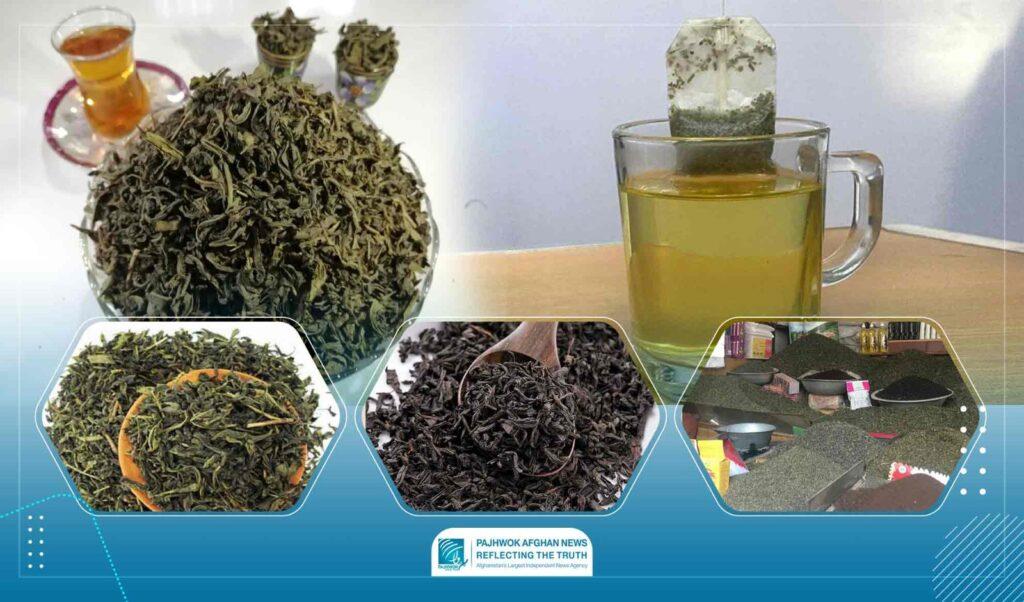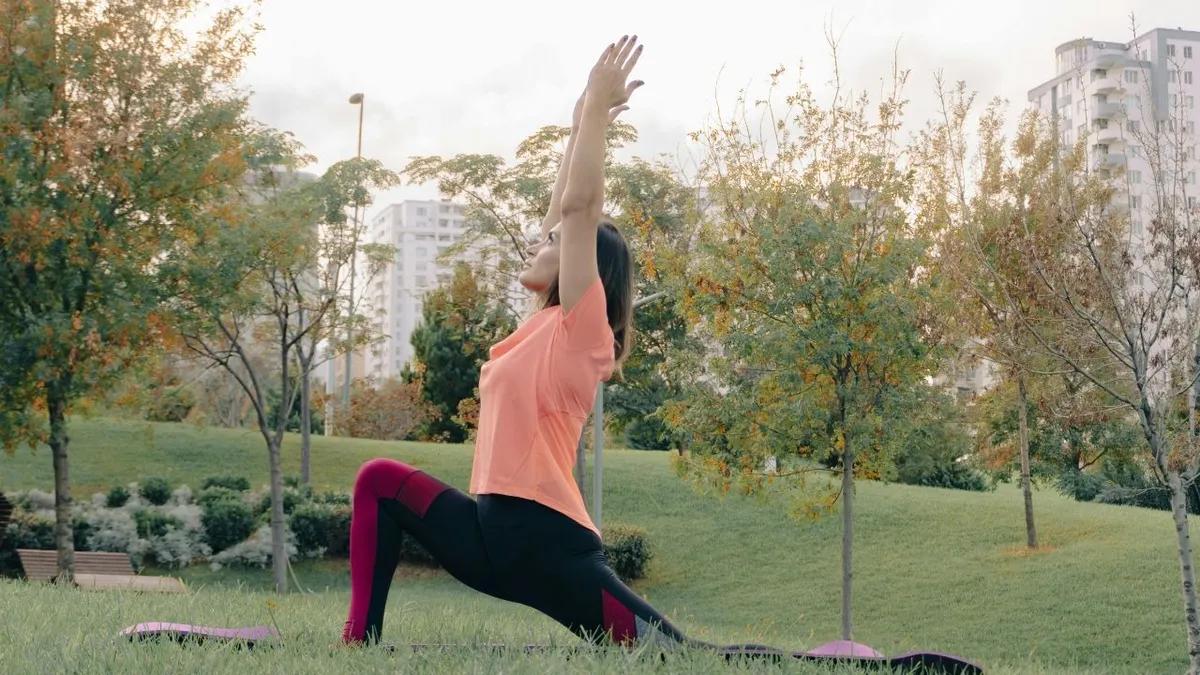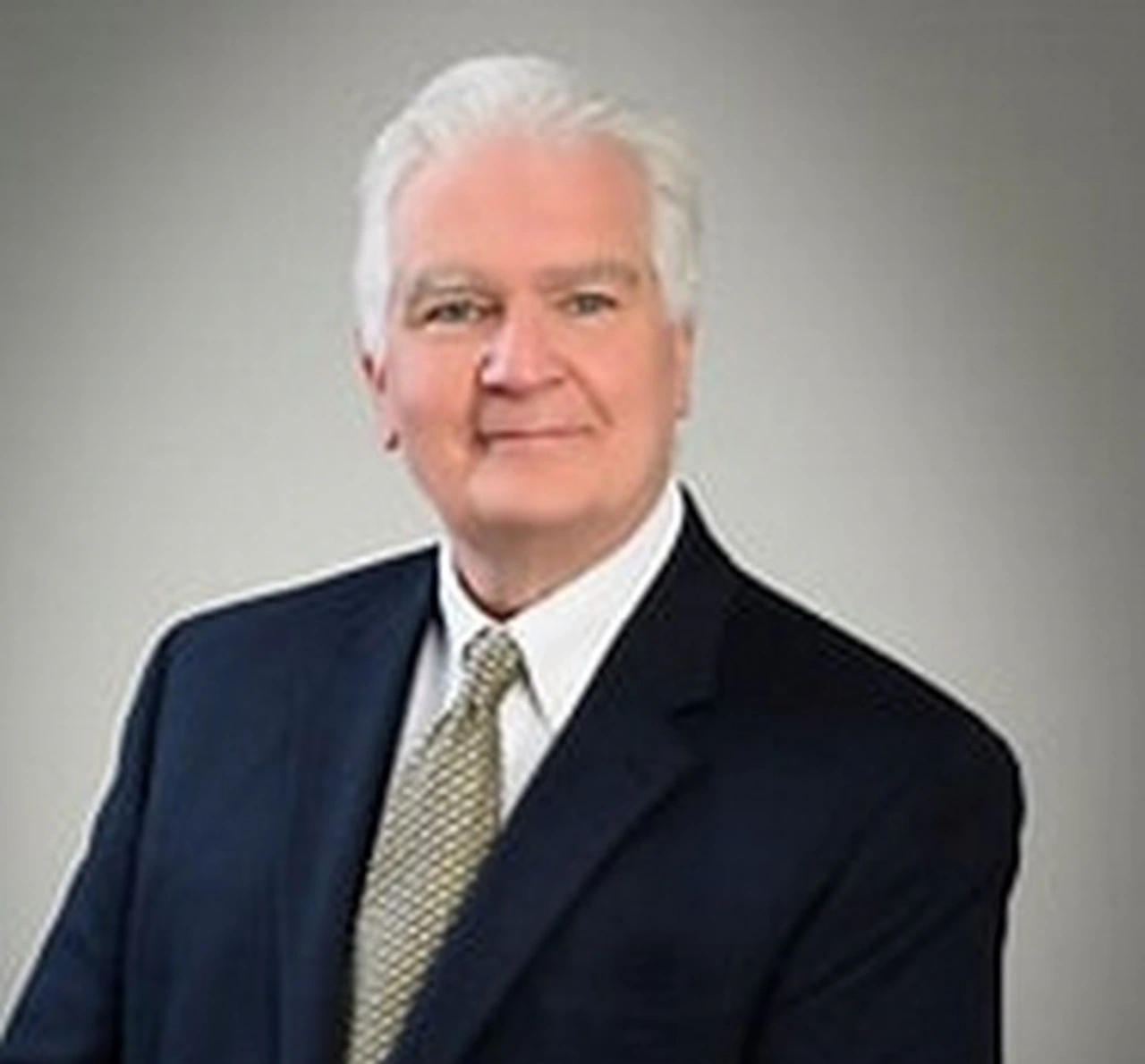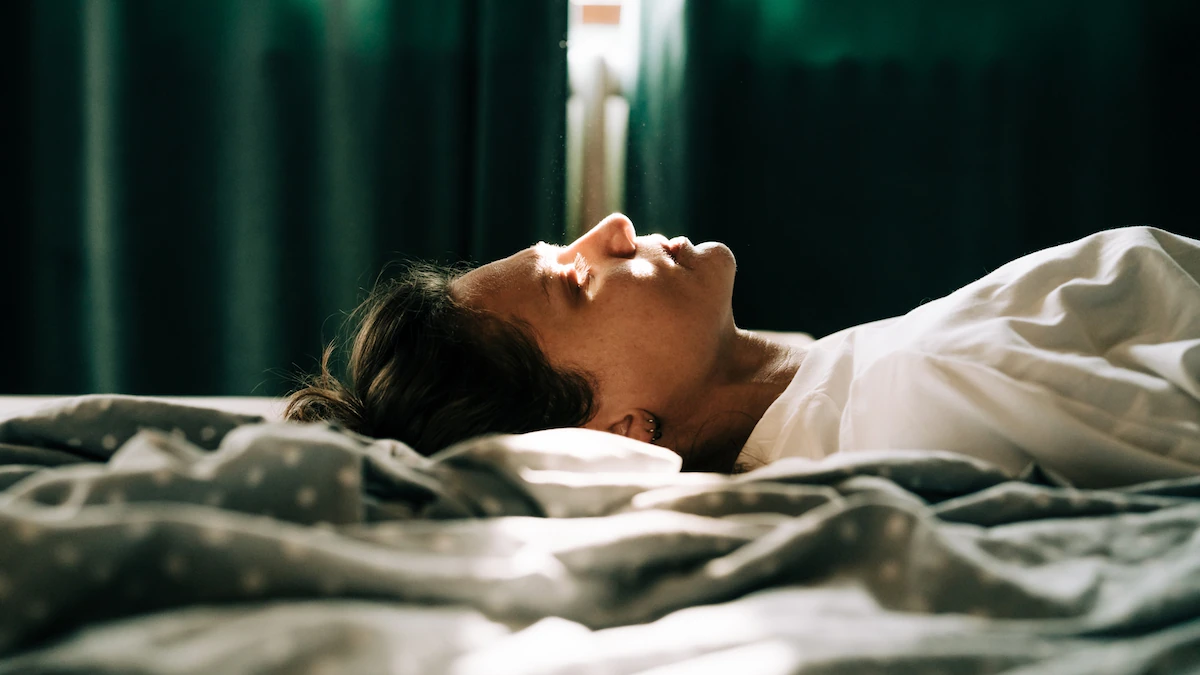Copyright pajhwok

KABUL (Pajhwok): Officials at the Ministry of Public Health (MoPH) say laboratory analyses show some imported teas contain artificial coloring agents. According to medical experts, counterfeit tea can easily be identified by a simple test—adding it to cold water. If the tea rapidly changes the color of the water, it likely contains chemical and harmful substances. This Pajhwok Food Safety Report focuses on the quality and safety of imported teas in Afghanistan. Officials at the Ministry of Public Health confirm the presence of dyed teas in local markets and warn that long-term consumption of teas containing artificial colors can lead to serious health complications and chronic diseases. Tea consumption in Afghanistan According to a report published by the Ministry of Commerce and Industry in May 2021, Afghanistan imports approximately 65,000 metric tons of tea each year. Tea remains one of the most widely consumed beverages in the country, with most citizens drinking multiple cups daily, whether at home, in offices, or in social gatherings. Some imported teas contain artificial dyes A credible source from the MoPH’s Directorate of Food Analysis and Surveillance told Pajhwok that laboratory examinations conducted by the ministry confirmed the presence of artificial dyes in the composition of several imported tea brands. The source added: “There is no precise information yet on whether these dyes are added during the production process in the exporting countries or if they are mixed locally inside Afghanistan.” However, the source refrained from sharing additional details on the specific companies or countries involved. In a document titled “The Number of Analyzed Risks in Food Products in Afghanistan”, shared with Pajhwok by the MoPH Directorate of Food and Drugs, it is stated: “Strict supervision has been imposed on tea imports. Continuous monitoring is underway, and public awareness programs have been intensified to help identify dyed teas and prevent their consumption.” Health risks of teas containing artificial dyes Dr. Nisar Ahmad Zaheer, a specialist in internal medicine based in Kabul, said: “Unfortunately, in some countries—including Afghanistan and its neighboring states—there are teas in circulation that contain synthetic substances, artificial colors, and chemical additives.” He explained that counterfeit teas mixed with chemical and artificial dyes pose serious health threats. Toxic substances in these teas can, over time, lead to poisoning, liver and kidney disorders, and other internal complications. In more severe cases, such chemicals can cause digestive disturbances, skin allergies, and respiratory problems such as itching, coughing, and shortness of breath. According to Dr. Zaheer, the prolonged use of such chemically dyed teas may even increase the risk of developing various forms of cancer. The Ministry’s report further emphasizes: “Expert analyses show that the use of chemical dyes in tea—especially non-edible and industrial-grade colors—can pose a grave threat to public health.” These dyes are often added to enhance the visual appeal of low-quality teas. However, once consumed, they can disrupt vital systems in the human body, including the nervous, respiratory, digestive, and immune systems. The gradual accumulation of toxic substances or heavy metals in body tissues can eventually result in chronic and life-threatening illnesses. Simple test to identify chemically dyed tea Health experts say that identifying counterfeit or dyed tea is easy and can be done at home without specialized equipment. A source at the Ministry of Public Health explained: “Place about 20 grams of tea in a glass of cold water and wait for 15 to 20 seconds. If the water quickly turns yellowish or brown, it indicates that the tea contains artificial dyes.” Similarly, Dr. Zaheer noted: “If you add tea to cold water and see the color change almost immediately, it’s a clear sign that the tea is counterfeit.” He added that artificially colored teas tend to stain the water within seconds, often producing a dark, sharp, and unnatural shade. Kabul residents demand control over dyed teas Haroon, a resident of Kabul, said: “Many of the teas being sold in shops are dyed. Their quality is very poor and unhealthy.” He called on merchants to stop importing artificially colored teas that endanger public health. Another Kabul resident, Abdul Hai, also confirmed the widespread availability of dyed teas in local markets and urged the Islamic Emirate to take firm action against their importation. He said: “We’ve bought tea several times that turned out to be dyed—it even had a bitter taste. Such teas should not be imported; they’re a threat to people’s health.” MoPH measures A reliable source within the Directorate of Food and Drugs at the MoPH stated that strict and ongoing monitoring has been placed on all tea imports to ensure compliance with safety standards. He added: “The Ministry of Public Health has officially banned the import of dyed teas into Afghanistan.” According to the source, importers have been required to sign formal commitments pledging not to import teas containing chemical dyes. Failure to comply will result in legal action. He continued: “In addition, our experts have conducted public awareness campaigns through various media outlets to encourage people to use teas that are free of chemical coloring.” The official urged traders to refrain from importing any tea containing artificial dyes and warned that violators will face strict legal consequences. He concluded by emphasizing that safeguarding the health of citizens remains the top priority of the Ministry of Public Health and that continued monitoring and awareness efforts will persist to ensure the removal of unsafe tea products from Afghan markets.



